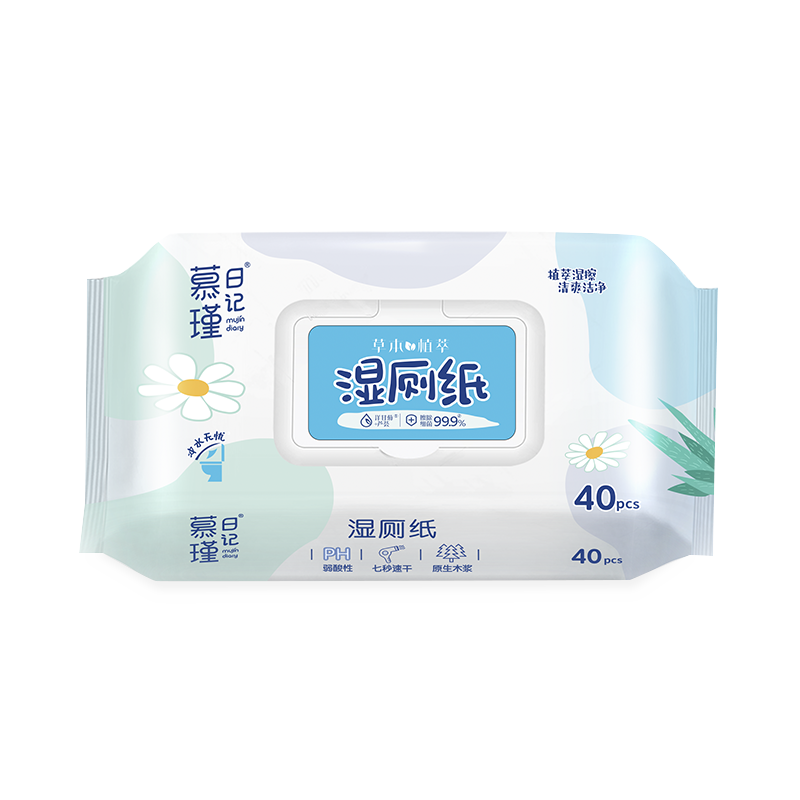Product Consultation
Your email address will not be published. Required fields are marked *
The disintegration time of flushable toilet wipes in water and sewage systems can vary depending on several factors, including the composition of the wipes, their thickness, the presence of binding agents, and the conditions within the sewage system. While some flushable wipes may disintegrate relatively quickly in water, others may take longer or may not disintegrate completely.
Industry organizations such as INDA/EDANA (International Nonwovens and Disposables Association/European Disposables and Nonwovens Association) have established guidelines and testing methods to assess the flushability and disintegration of wipes. These guidelines typically include tests to evaluate the disintegration time of wipes under simulated sewage system conditions.

The disintegration time of flushable wipes may be influenced by factors such as:
Fiber Type and Composition: The type of fibers used in the wipes can affect their disintegration characteristics. Natural fibers like cellulose may break down more readily than synthetic fibers like polyester.
Binder and Adhesive Content: The presence of binders or adhesives in the wipes can impact their disintegration. Biodegradable binders may allow wipes to disintegrate more quickly, while synthetic binders may slow down the process.
Thickness and Structure: Thicker or multi-layer wipes may take longer to disintegrate compared to thinner wipes. Wipes with a more open structure may disintegrate more readily than densely packed wipes.
Testing Conditions: Disintegration tests typically simulate the conditions in sewage systems, including agitation, temperature, and exposure to enzymes and microbes. The specific test method used can affect the measured disintegration time of the wipes.
Sewage System Dynamics: The disintegration time of wipes in real-world sewage systems may vary depending on factors such as flow rates, mixing dynamics, and the presence of other materials in the wastewater.
It's important to note that while flushable wipes may disintegrate to some extent, they can still pose challenges to sewage systems, including clogs, blockages, and equipment damage. Therefore, consumers should exercise caution when flushing wipes and consider alternative disposal methods, such as throwing them in the trash, especially in systems with older infrastructure or septic tanks.
Your email address will not be published. Required fields are marked *
You can contact to me using this form.
Copyright © 2023 Shanghai Taicikang Industrial Co., Ltd. All Rights Reserved.
